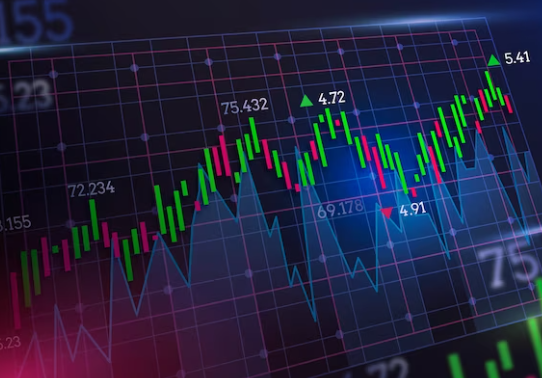Forex trading, or foreign exchange trading, involves the buying and selling of currencies in the global market. To participate in this lucrative market, one must go through a forex broker. Here’s all you need to know about forex broker, especially if you’re new to the game.
What is a Forex Broker?
A forex broker is a financial firm that provides traders with access to a platform for buying and selling foreign currencies. They act as intermediaries, executing trades on behalf of their clients and offering various services and tools to facilitate trading activities.
Types of Forex Brokers
There are several types of forex brokers, including:
Market Makers: These brokers set their own bid and ask prices and often take the opposite side of their clients’ trades.
ECN Brokers (Electronic Communication Network): These brokers provide a platform where buyers and sellers can directly interact with each other. They typically charge a commission for their services.
STP Brokers (Straight Through Processing): STP brokers route clients’ orders directly to liquidity providers, such as banks or other brokers, without any intervention.
DMA Brokers (Direct Market Access): DMA brokers offer direct access to the interbank market, allowing traders to interact with liquidity providers and access better pricing.
Services Offered by Forex Brokers
Forex brokers offer a range of services to their clients, including:
Trading Platforms: Most brokers offer their own trading platforms or support popular platforms like MetaTrader 4 or 5, which provide advanced charting tools, technical indicators, and order execution capabilities.
Leverage: Brokers provide leverage, allowing traders to control larger positions with a smaller amount of capital. However, leverage magnifies both profits and losses.
Educational Resources: Many brokers offer educational materials, webinars, and seminars to help traders improve their skills and knowledge.
Research and Analysis: Some brokers provide market research, analysis, and trading signals to assist traders in making informed decisions.
Choosing the Right Forex Broker
Trading Costs: Compare spreads, commissions, and overnight financing rates to find the most cost-effective broker.
Trading Platforms: Evaluate the features and usability of the trading platform offered by the broker.
Customer Support: Consider the quality and availability of customer support services provided by the broker.
In conclusion, forex brokers play a crucial role in facilitating currency trading. By understanding the different types of brokers and the services they offer, you can choose the right broker to meet your trading needs.
